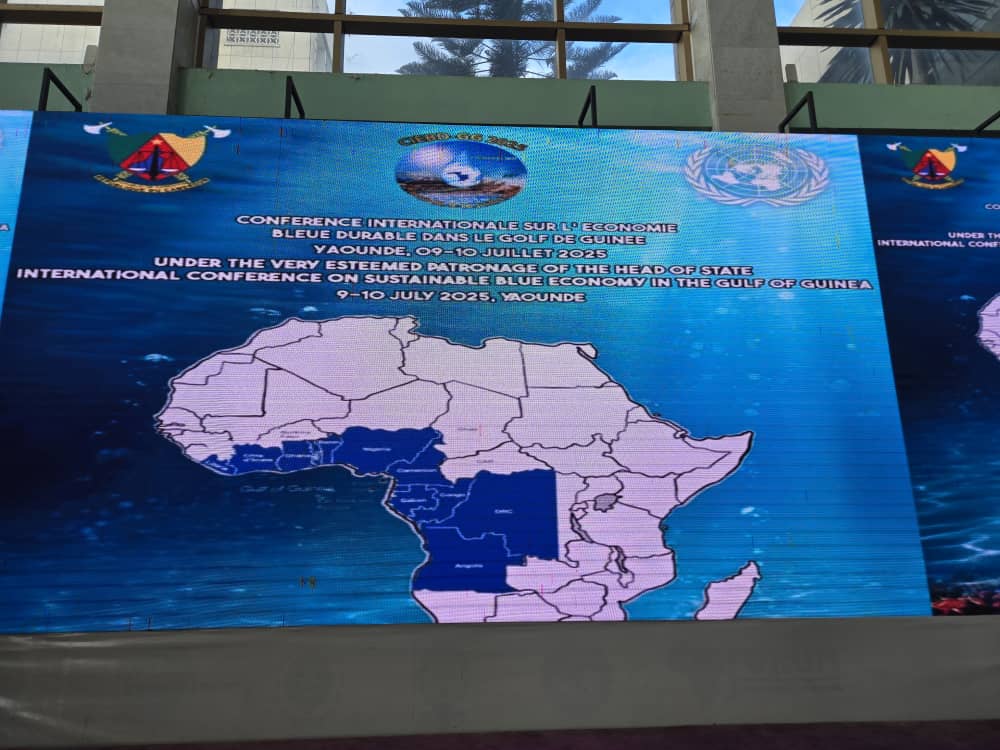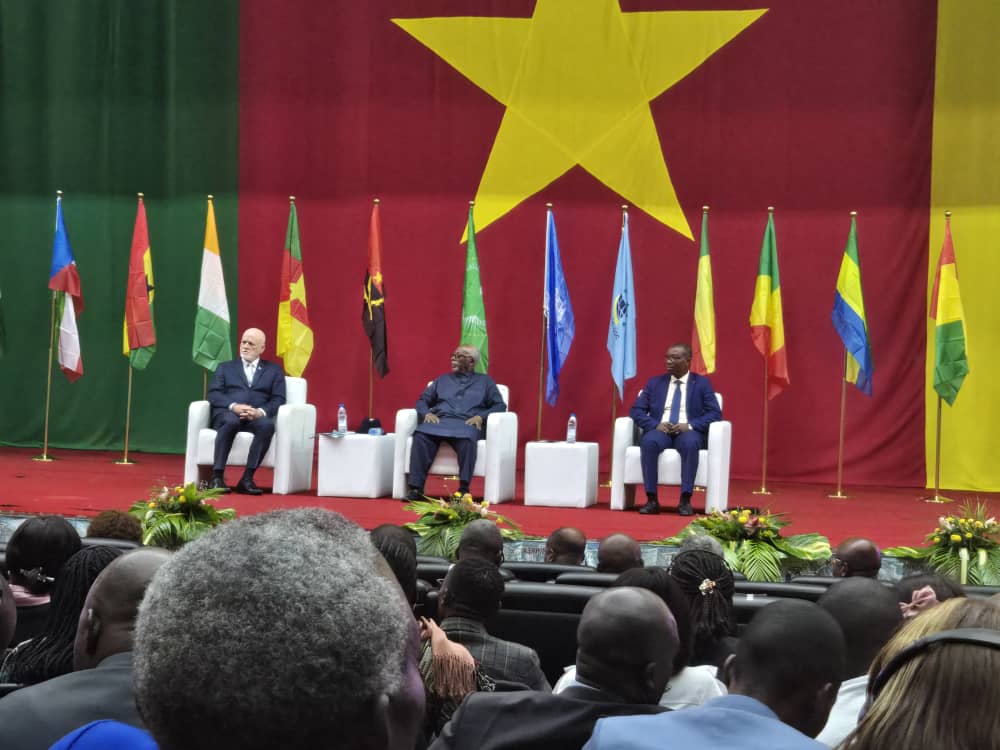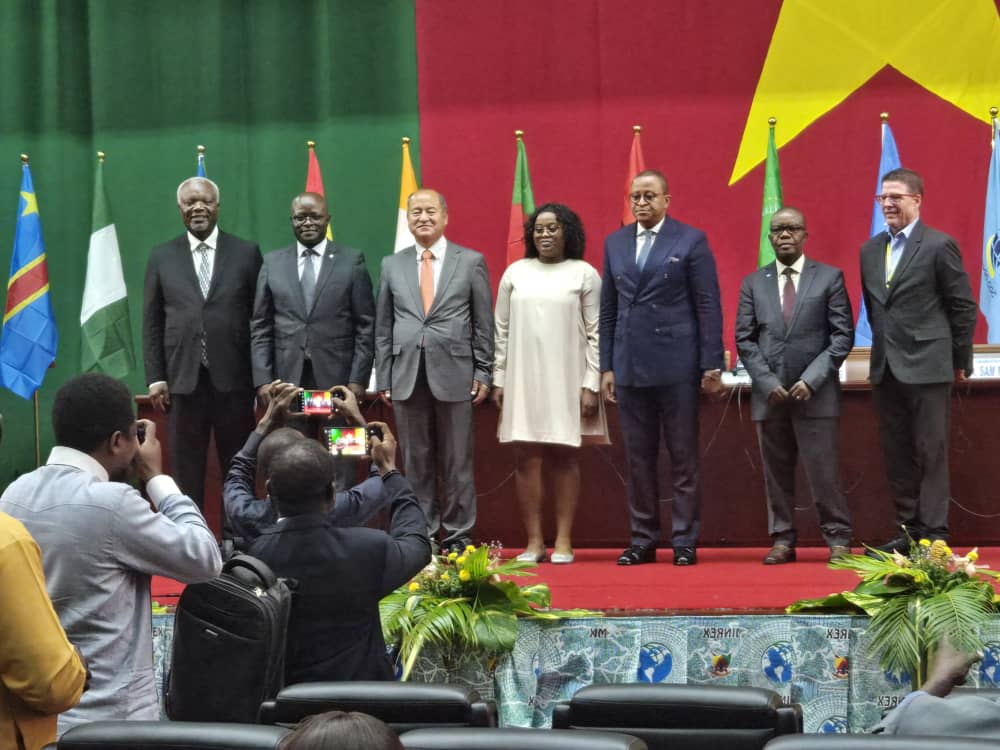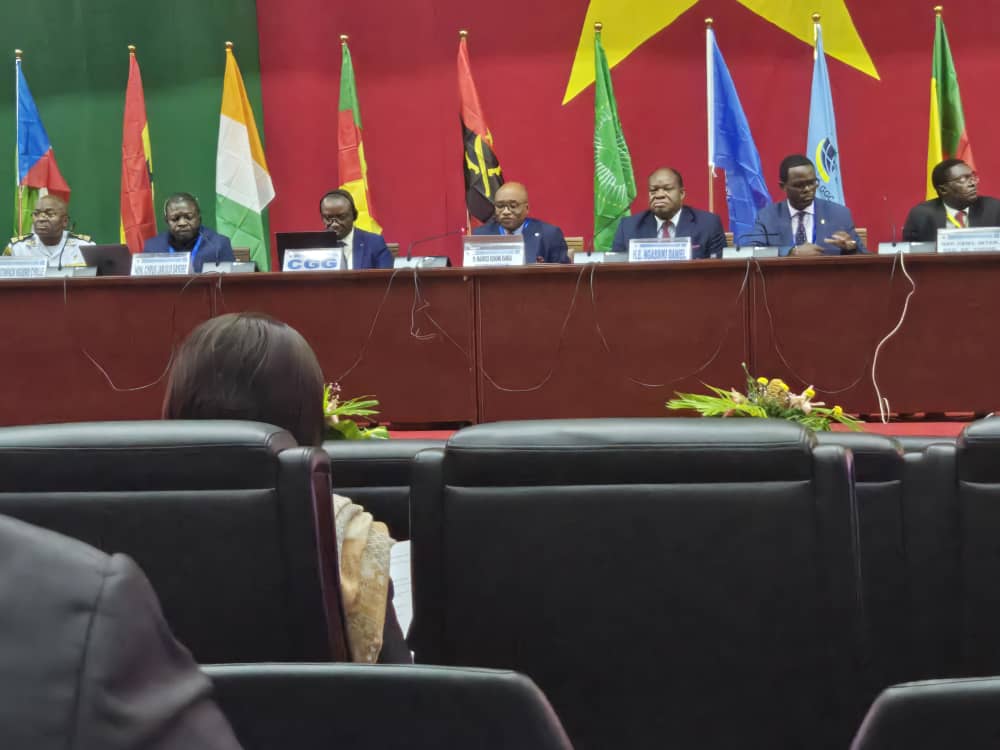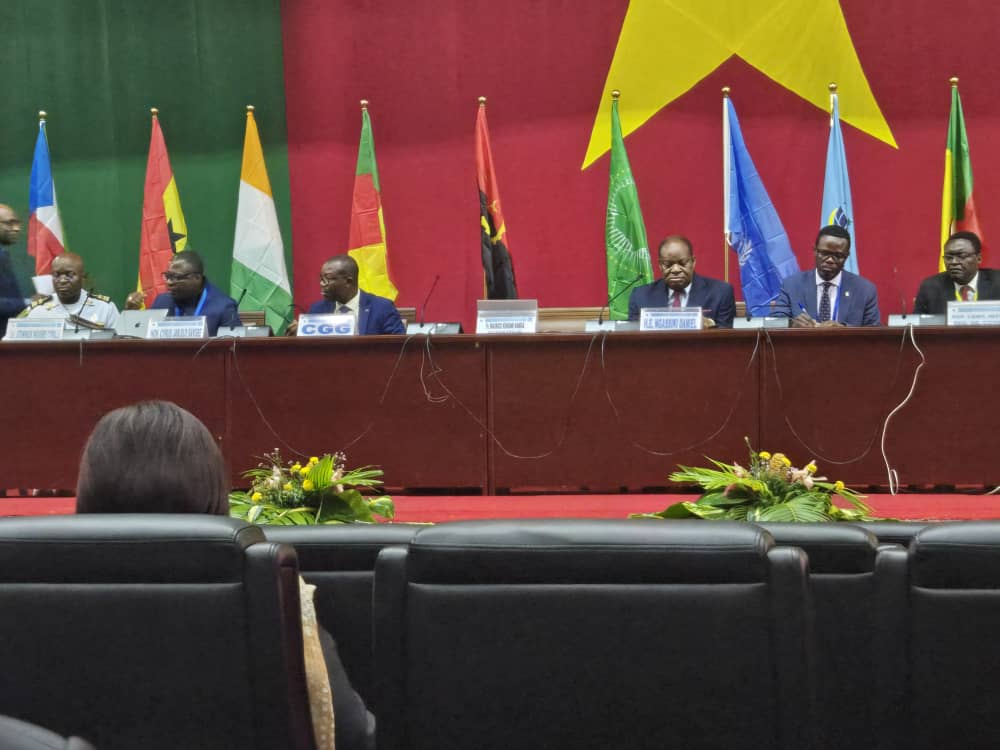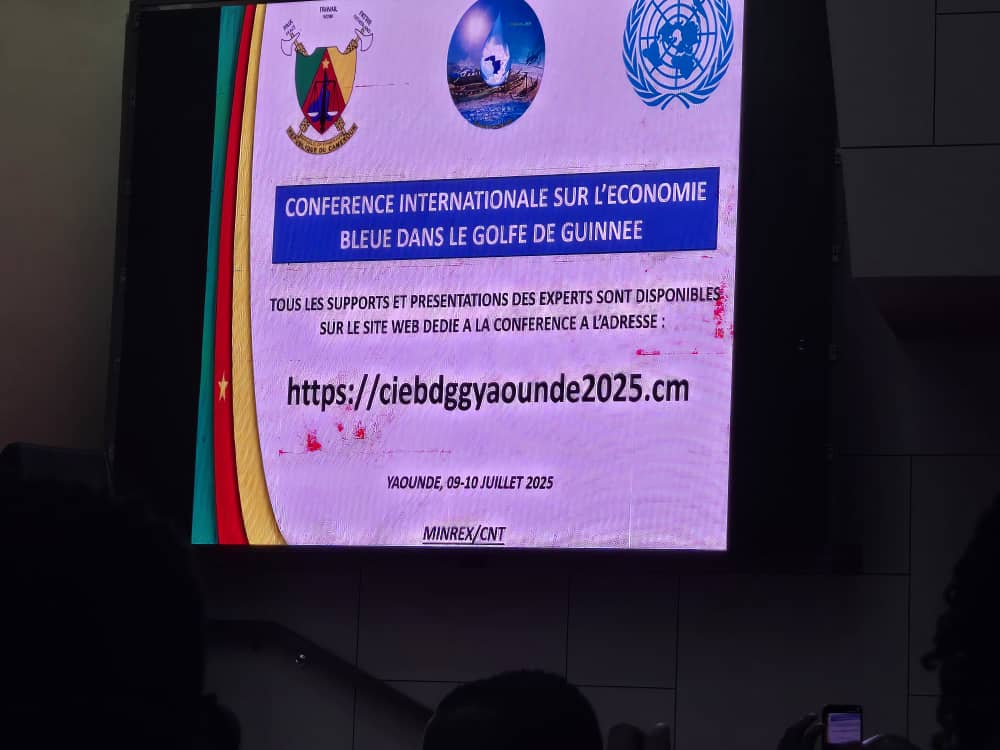THE INTERNATIONAL CONFERENCE ON THE BLUE ECONOMY: A FRAMEWORK FOR REFLECTION
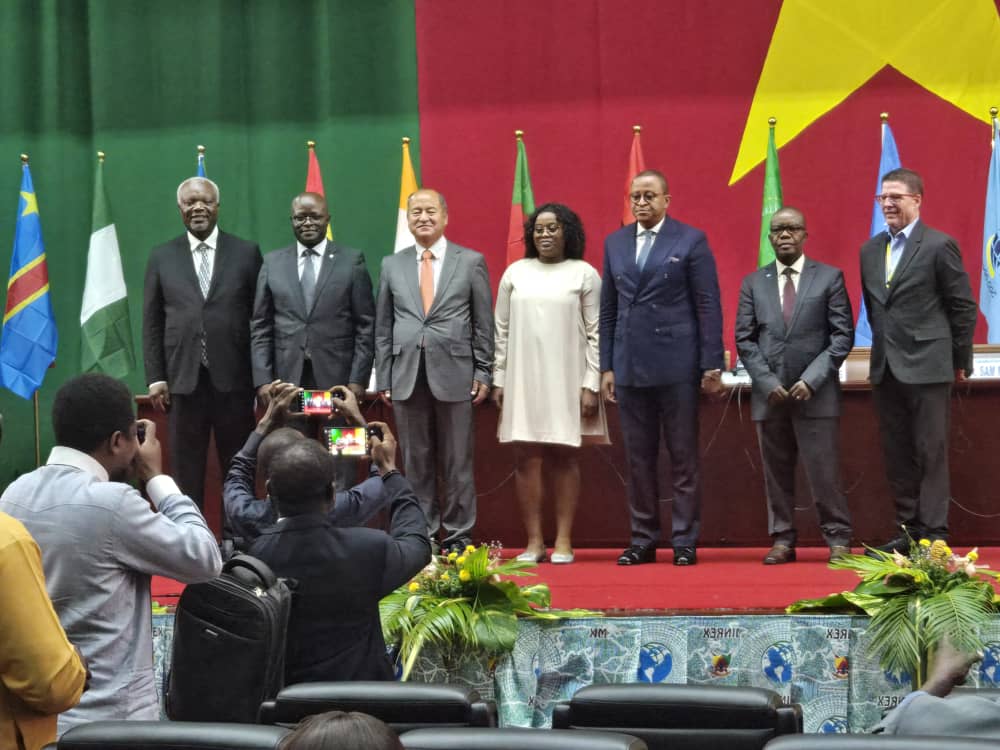
On the sidelines of the conference on the blue economy held at the Palais des Congrès under the chairmanship of the Prime Minister, Head of Government, Chief Dr. Joseph Dion Ngute, the Minister of Livestock, Fisheries and Animal Industries received in audience, in his office, the Executive Director of Ocean 5, to discuss issues of the fight against illegal fishing.
38 of Africa’s 55 countries are coastal states, with more than 90 per cent of trade taking place by sea.
The continent is home to several corridors that enhance its strategic importance globally. Yet, despite this rich aquatic potential, several states are struggling to assert themselves. The blue economy is still undervalued. Our coastal populations, although in direct contact with the sea, too often live in precarious conditions, without access to infrastructure, markets or training. The paradox is striking: great wealth, butmarginalized communities.
The resurgence of maritime piracy and the persistence of illegal fishing aggravate the situation, requiring States to take a combination of actions to try to curb these and many other scourges.
Today, the oceans are facing a triple challenge: environmental, securityand socio-economic. From an environmental point of view, climate change is profoundly altering marine ecosystems. Although piracy has declined in our region, threats persist: drug trafficking, illegal fishing, smuggling and coastal insecurity continue to weaken our States. Crime at sea dampens investment, threatens small-scale fisheries and compromises trade.
The International Conference on the Blue Economy in the Gulf of Guinea is intended to be a framework for reflection for the sustainable exploitation of the oceans, seas and marine resources for sustainable development. This is why we must work to ensure that the blue economy becomes a vehicle for decent employment, youth and women’s empowerment, and local transformation. It is not a question of condemnation, but of becoming aware of our shared responsibilities and proposing a sustainable alternative to overexploitation.
In the opinion of government actors and experts, it is clear that, despite the progress made in recent years, the structuring of sectors linked to the blue economy remains very weak and regional trade is very limited. This means that there is still work to be done to change the situation and make this sector a real lever for economic growth.
Good to know: the blue economy is a concept that promotes the sustainable management of aquatic resources for economic and social development.
